Research Network 6: Learning Cities and Learning Regions
Network Coordinator:
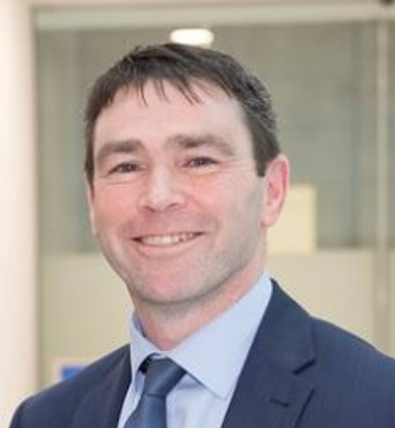
Denis Barrett is Cork Learning City Co-ordinator with Cork City Council, a partnership including Cork Education and Training Board, Cork Institute of Technology, UCC and other statutory and non-statutory partners promoting learning of all kinds, for people of all ages interests and abilities.
A founder member of Cork Lifelong Learning Festival in 2003, of EcCoWeLL Cork in 2012 and of Growing Lifelong Learning in Cork (GlliC) in 2014, A key member of the team that partnered with UNESCO in hosting the 3rd International Conference on Learning Cities in 2017, Denis has presented on Cork Learning City at global conferences .
He has previously held many roles across Formal, Non-formal and Informal Education including in Third Level, Further Education, Second Level, Primary Level and Youthwork Services.
info@corklearningcity.ie
Network Coordinator:

Yukiko Sawano is currently a Professor in comparative education and lifelong learning at the Department of Education of University of the Sacred Heart, Tokyo. From 1988 till 2005, she had been working at the Education Ministry of Japan, and at the National Institute for Educational Policy Research of Japan (NIER), where she was Head of Lifelong Learning Systems Section (2000-2001) and a Senior Researcher of the Department of Lifelong Learning Policy Research (2001-2005). She has also been socially contributing as an Overseas Research Advisor to the Ministry of Education, Culture, Sports, Science, and Technology of Japan (MEXT), Provisional Member of Lifelong Learning Sub-committee of Central Council of Educational Reform, a member of Lifelong Learning Council of Hamura City, former President and Board Member of the Japan Association of Lifelong Education, Board Member of Japan Association of Comparative Education, etc.
Her research interest is in globalization and regionalization of education and lifelong learning, looking at influence of international organizations and various networks in national and local education policies and practice.
European Network Coordinator:
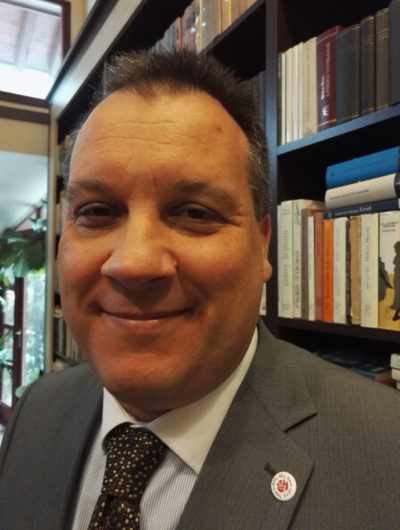
Dr. habil Balázs Németh is a researcher on European adult and lifelong learning policy development and comparative adult education. He is an associate professor and reader in Adult Learning and Education at the University of Pécs and a founding member of the Hungarian Universities Lifelong Learning Network (MELLearN). Further research topics of his are: Politics and Adult Education; Comparative Adult Education; History of Modern European Adult Education and Learning City-Region Developments in association with the global network of learning cities programme (GNLC) of UNESCO Institute for Lifelong Learning.
Balázs Németh is a member of Steering Committee of EUCEN for 2015-19 period being responsible for policy affairs and talks. He is a vice-Director of PASCAL International Observatory for Central-East Europe, Executive President of MELLearN and the current president of the Adult Education Sub-Commission of the Hungarian Academy of Sciences.
Dr. Németh has participated several European Erasmus, Grundtvig and recent Erasmus+ projects to deal with the professional development of adult education and provided surveys on adult learning and education in Central-East Europe for the European Commission on Quality in the Adult Learning Sector, Policy Developments in Adult Education.
Asian Network Coordinator:
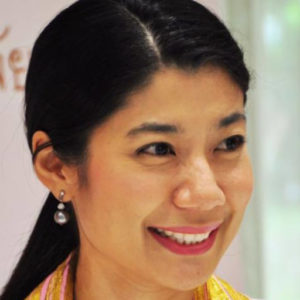
Network Members:
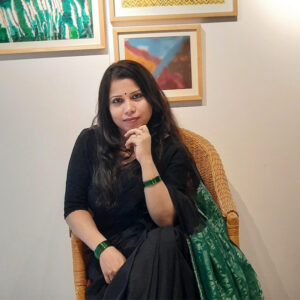 Dr. Manjuma Akhtar Mousumi is an Assistant Professor and Head of Academics at BRAC Institute of Educational Development (BRAC IED), BRAC University, Dhaka Bangladesh. In addition, she is the lead of BRAC IED Learning Lab. She mainly teaches the Master of Education/Post-Graduate Diploma in Educational Leadership & School Improvement. At the institute, Dr.Manjuma has also been engaged in numerous development projects in different capacities. Her research interests include education and development, social equity, social justice, market forces, and issues related to school choice in India and Bangladesh.
Dr. Manjuma Akhtar Mousumi is an Assistant Professor and Head of Academics at BRAC Institute of Educational Development (BRAC IED), BRAC University, Dhaka Bangladesh. In addition, she is the lead of BRAC IED Learning Lab. She mainly teaches the Master of Education/Post-Graduate Diploma in Educational Leadership & School Improvement. At the institute, Dr.Manjuma has also been engaged in numerous development projects in different capacities. Her research interests include education and development, social equity, social justice, market forces, and issues related to school choice in India and Bangladesh.
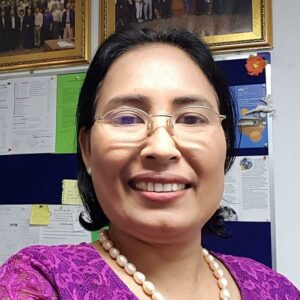
Ms. Vanna Peou is the Country Director for DVV International Cambodia, she started with DVV Cambodia in October 2016. Before she was involved in the NFE sector with NEP (NGOs Education Partnership) as NFE coordinator, and for more than 20 years, she worked with NGOs both local and International in the field of education. She graduated from Odessa Hydromet Institute Ukraine, URSS in 1992, and after that worked with the Ministry of Water Resources and Meteorology, in 2000 she resigned.
Ms. Vanna believes that if we want to change the world we should change from our self and only EDUCATION can make our dream come TRUE.
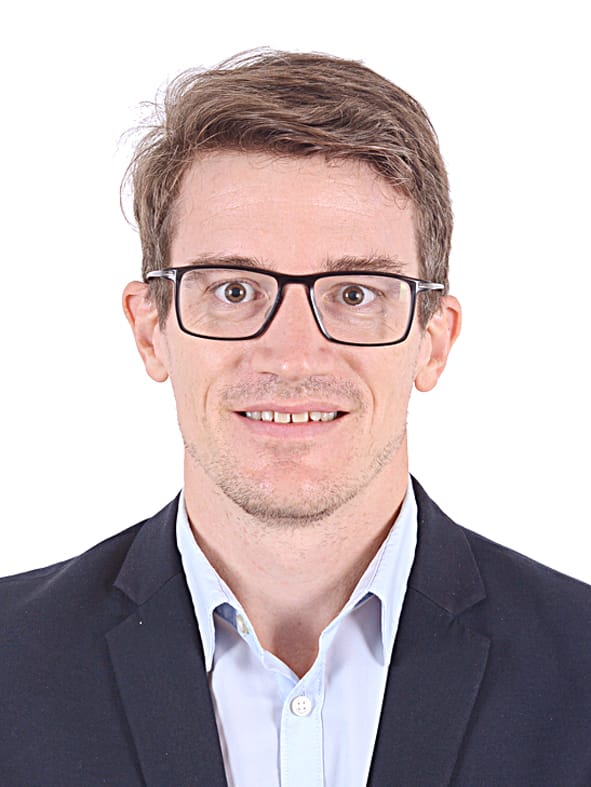 Dr. Johann Heilmann is the Regional Director for South East Asia of the German Adult Education Association, DVV International. He is based in Vientiane, the capital of Lao PDR since 2019. In this capacity he is overseeing country projects aiming at strengthening sustainable structures of adult education and lifelong learning in Lao PDR and Cambodia as well as regional cooperation with the Asia South Pacific Association for Basic and Adult Education (ASPBAE). Dr. Heilmann started work with DVV International in 2017. His previous tasks included the development of projects for international public donors such as the European Union as well as being the focal point for South East Asia at DVV Headquarters in Bonn.
Dr. Johann Heilmann is the Regional Director for South East Asia of the German Adult Education Association, DVV International. He is based in Vientiane, the capital of Lao PDR since 2019. In this capacity he is overseeing country projects aiming at strengthening sustainable structures of adult education and lifelong learning in Lao PDR and Cambodia as well as regional cooperation with the Asia South Pacific Association for Basic and Adult Education (ASPBAE). Dr. Heilmann started work with DVV International in 2017. His previous tasks included the development of projects for international public donors such as the European Union as well as being the focal point for South East Asia at DVV Headquarters in Bonn.
Before joining DVV International, Dr. Heilmann worked in the field of media development with the training institute of Germany´s international TV and radio broadcaster Deutsche Welle. He is a political scientist by profession who analysed the importance of Botswana in the Namibian liberation struggle against South African Apartheid occupation in his PhD thesis.
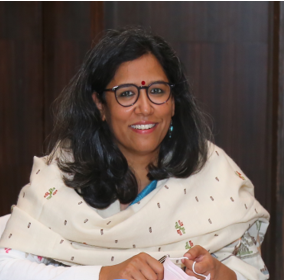 Dr. Anamika is Associate Professor of Education at the IILM University, Gurugram. She was Deputy Adviser and faculty at the Unit for International Cooperation, National Institute of Educational Planning and Administration, New Delhi, where she oversaw UNESCO and Asia-Europe Meeting (ASEM). She had represented the Ministry of Education in various international meetings, such as UNESCO 40th General Conference, Paris, France (member of the delegation headed by the Honorable Minister of Education in 2019); ASEM Working Group on Credit Transfer and Learning Outcome Mechanism, Lyon, France; ASEM Working Group on Digitalisation, Berlin, Germany; ASEM Working Group on ASEM Vision and Strategy 2030, Berlin, and the National Commissions for UNESCO Members States, Istanbul, Turkey.
Dr. Anamika is Associate Professor of Education at the IILM University, Gurugram. She was Deputy Adviser and faculty at the Unit for International Cooperation, National Institute of Educational Planning and Administration, New Delhi, where she oversaw UNESCO and Asia-Europe Meeting (ASEM). She had represented the Ministry of Education in various international meetings, such as UNESCO 40th General Conference, Paris, France (member of the delegation headed by the Honorable Minister of Education in 2019); ASEM Working Group on Credit Transfer and Learning Outcome Mechanism, Lyon, France; ASEM Working Group on Digitalisation, Berlin, Germany; ASEM Working Group on ASEM Vision and Strategy 2030, Berlin, and the National Commissions for UNESCO Members States, Istanbul, Turkey.
Dr. Anamika was the exclusive point of contact for Government of India’s two high profile schemes, namely Study in India and SPARC. She was a recipient of Taiwan Government’s Scholarship for Ph.D. in Education at the National Chengchi University, Taipei (2006-2009). She was a visiting scholar at the Department of Education, Uppsala University, Sweden (2018). Dr. Anamika has taught post-graduate and undergraduate courses in the Department of Education, University of Delhi, Lady Shri Ram College for Women and Jamia Millia Islamia. She is on the International Editorial Board of Human Rights Education Review. Dr. Anamika has published on the pedagogy of human rights education in international journals and edited books. Her articles on opening up of International Branch Campuses in India and on UNESCO’s International Bureau of Education had appeared in op-ed page of the Indian Express. She has presented papers on human rights education at Uppsala University, Sweden, Georg Eckert Institute, Brunswick, Germany and at Kwa-zulu-Natal University, Durban, South Africa.
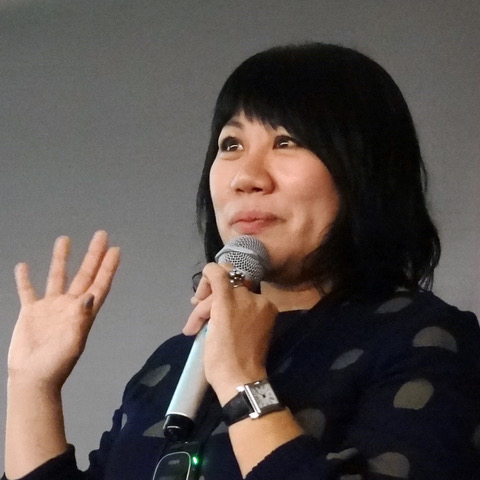 Midori Sakaguchi is currently a Professor in Sociology and lifelong learning at the Department of Sociology, Meiji Gakuin University, Tokyo. She completed the doctoral program at the Graduate School of Arts and Sciences, the University of Tokyo, in 2000 and works at Meiji Gakuin University since 2001. From 2008-2009, she was a visiting scholar at DPU, University of Aarhus. She has also been contributing as a Member of the Lifelong Learning Committee of Saitama Prefecture, Minato-ward, and Bunkyo-ward in Tokyo. She was a former President of the Japan Association of Lifelong Education.
Midori Sakaguchi is currently a Professor in Sociology and lifelong learning at the Department of Sociology, Meiji Gakuin University, Tokyo. She completed the doctoral program at the Graduate School of Arts and Sciences, the University of Tokyo, in 2000 and works at Meiji Gakuin University since 2001. From 2008-2009, she was a visiting scholar at DPU, University of Aarhus. She has also been contributing as a Member of the Lifelong Learning Committee of Saitama Prefecture, Minato-ward, and Bunkyo-ward in Tokyo. She was a former President of the Japan Association of Lifelong Education.Her research interest is in the Danish non-formal education system, civil society, policies, and practice of lifelong learning in Japan and other regions.
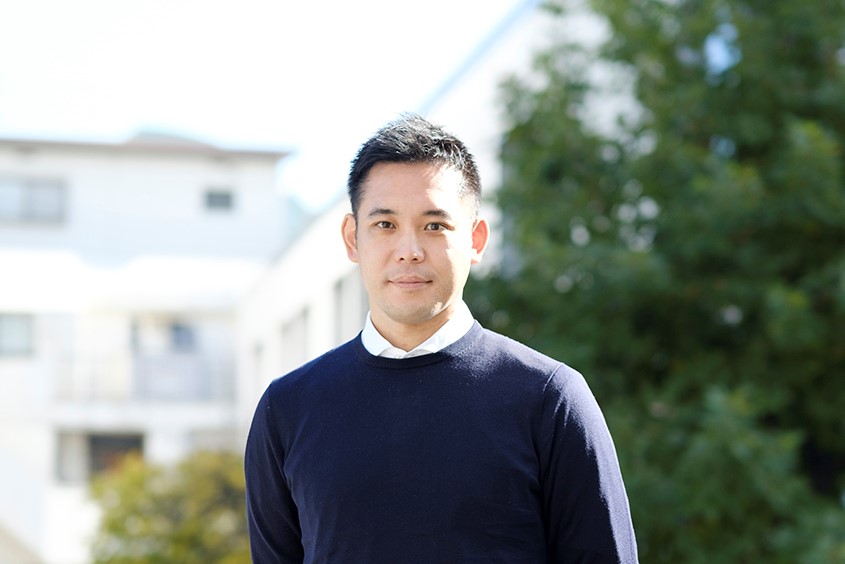 Yasuaki Sakyo is currently the representative director of Shibuya University, a specified non-profit organization, and the representative director of General Incorporated Association Managing Non-Profit. Since 2020, he has been teaching lifelong learning and community development as a lecturer in social education at Kanagawa University.
Yasuaki Sakyo is currently the representative director of Shibuya University, a specified non-profit organization, and the representative director of General Incorporated Association Managing Non-Profit. Since 2020, he has been teaching lifelong learning and community development as a lecturer in social education at Kanagawa University.Since the founding of Shibuya University in 2006, his main activity has been community practice. The activity started as a community-based informal lifelong learning network. Currently, they are working on creating a future city model in collaboration with NPOs and local governments that are challenging various social issues.
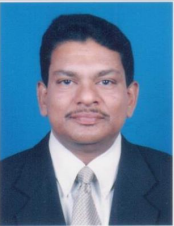
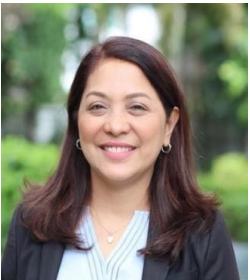 Dr Ethel Agnes Pascua-Valenzuela serves as the Education Advisor
Dr Ethel Agnes Pascua-Valenzuela serves as the Education Advisor
on the Future of Education of the ASEAN Socio-Cultural Community (ASCC) Research And Development Platform of the ASEAN Secretariat.
Outside of Southeast Asia, Dr Valenzuela served as a governing board member of the UNESCO Institute for Lifelong Learning (UIL), the UNESCO Institute for Statistics, the UNESCO ISCED-T Advisory Group, and the UNESCO Teacher Task Force. She represented the Asia Pacific Region in the UNESCO Education 2030 High-Level Steering Committee, Sherpa Group from Sept 2017 until March 2023.
She served as the first female Director of the SEAMEO Secretariat from April 2019 to March 2023 and its first female Deputy Director for Programmes from July 2015 to March 2019. SEAMEO Secretariat serves as the executive arm of the SEAMEO Council of Ministers of Education from 11 member states that make up SEAMEO.
She is also serving at the Commission on Higher Education TWG on Lifelong Learning and a member of the Technical Panel of Experts on Transnational Education and Distance Education at CHED- Philippines.
As a passionate educator, Dr. Valenzuela continues to teach PhD classes as a Professorial Lecturer at the Department of Educational Leadership and Professional Services, College of Education, University of the Philippines -Diliman Philippines.
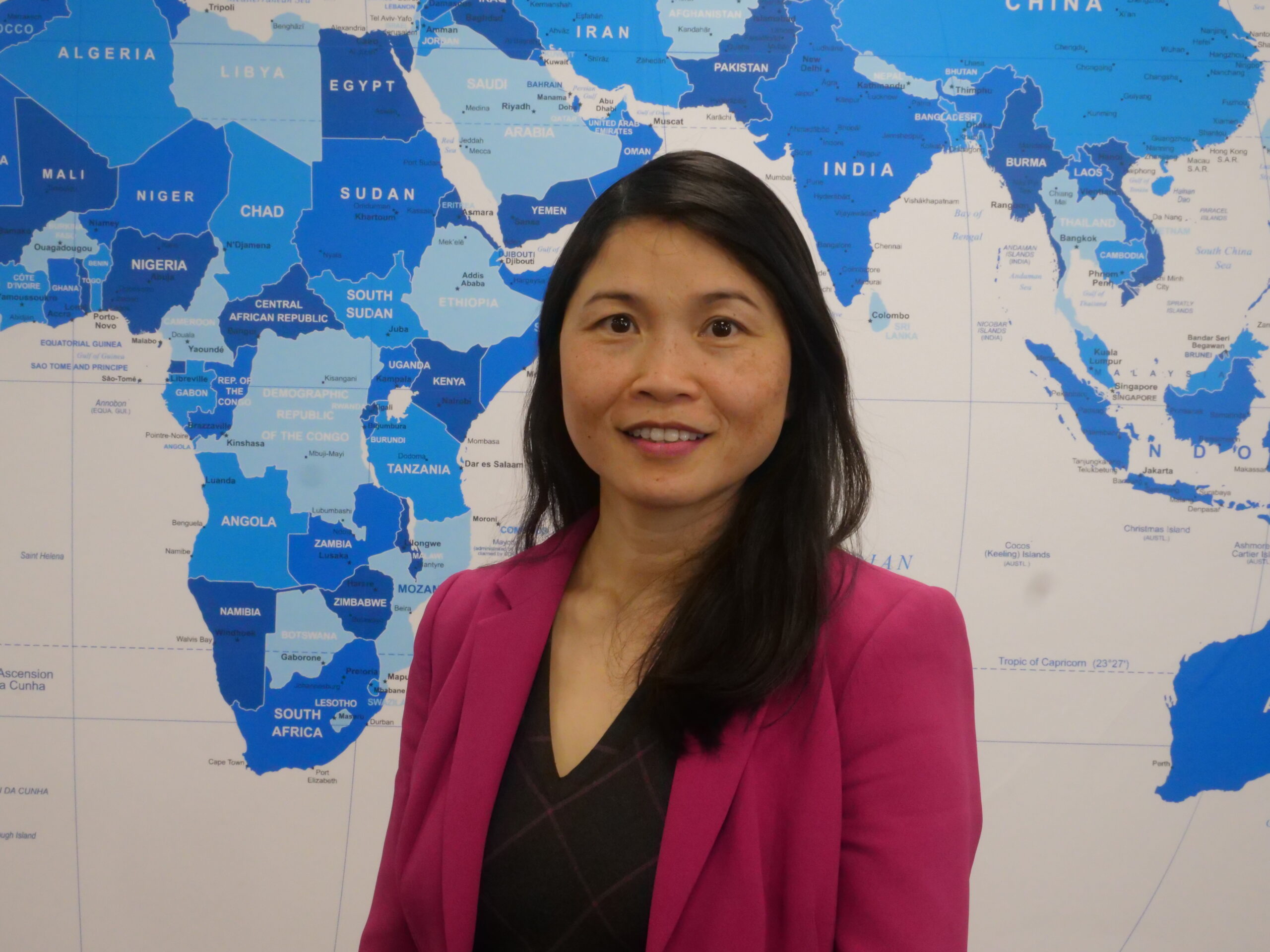 Dr Que Anh Dang is an interdisciplinary researcher at Coventry University, UK. She has 25+ years of experience working international education in management and research roles in Vietnam, Denmark, Germany and the UK. Her research is concerned with education and lifelong learning policies and practice, including learning cities and regions, international and comparative education in Europe and East Asia. Her academic work draws on her trans-disciplinary background combining educational sociology, international development and cultural political economy perspectives.
Dr Que Anh Dang is an interdisciplinary researcher at Coventry University, UK. She has 25+ years of experience working international education in management and research roles in Vietnam, Denmark, Germany and the UK. Her research is concerned with education and lifelong learning policies and practice, including learning cities and regions, international and comparative education in Europe and East Asia. Her academic work draws on her trans-disciplinary background combining educational sociology, international development and cultural political economy perspectives.
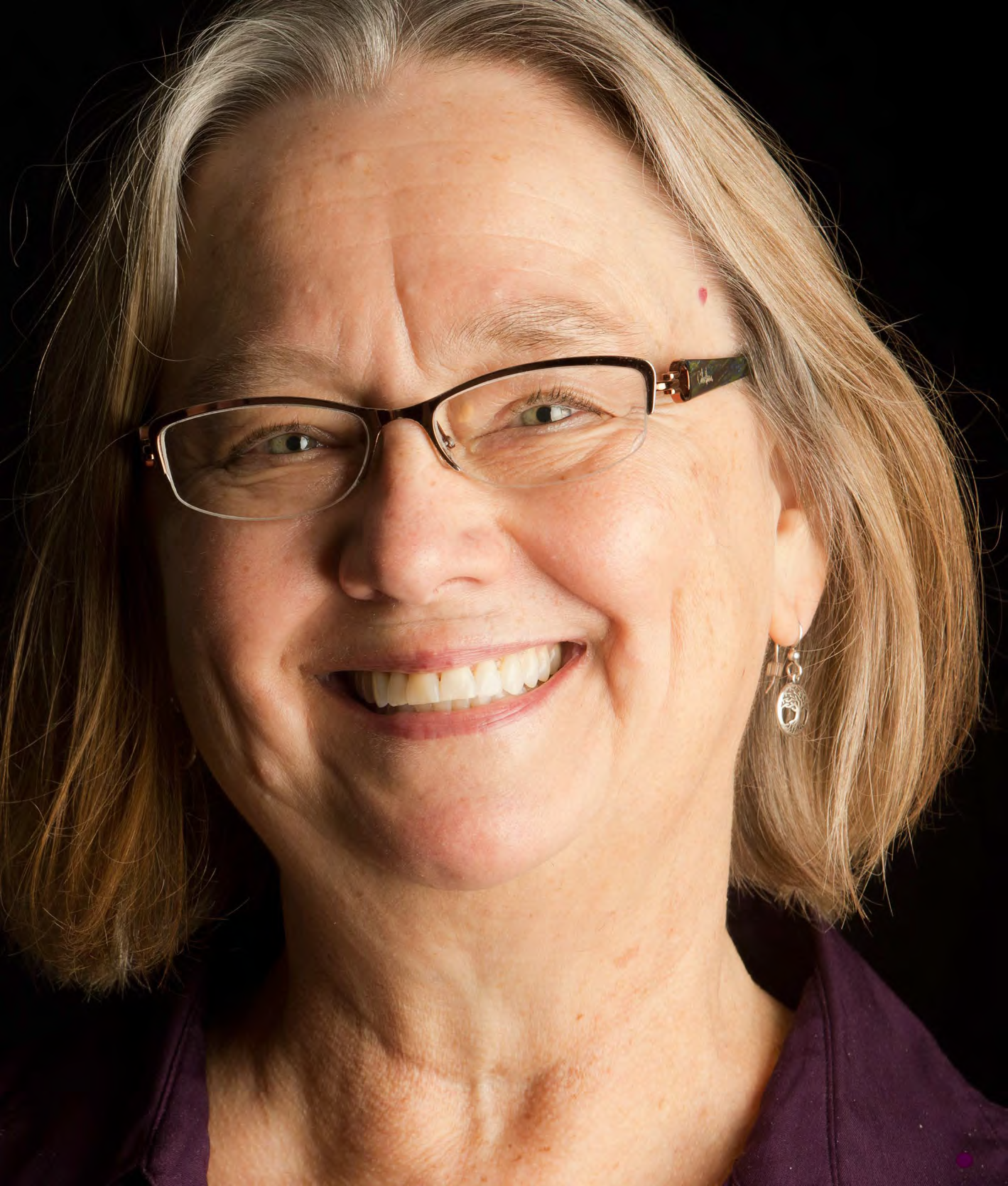 Annalisa Raymer is a designer and facilitator of change processes for transformative learning and social justice. After working in community organizing, public policy-making and rural leadership development, Annalisa transitioned into academia, and she now serves as Senior Lecturer at Cornell University in the Department of Global Development. There she leads the andragogical curriculum and the adult learning fieldwork. Her students serve as educational mentors with union members in co-learning partnerships for mutual growth.
Annalisa Raymer is a designer and facilitator of change processes for transformative learning and social justice. After working in community organizing, public policy-making and rural leadership development, Annalisa transitioned into academia, and she now serves as Senior Lecturer at Cornell University in the Department of Global Development. There she leads the andragogical curriculum and the adult learning fieldwork. Her students serve as educational mentors with union members in co-learning partnerships for mutual growth.
Originally from Kentucky, Annalisa grew up in Louisville where she enjoyed the natural beauty and built environment of a city benefiting from an Olmsted Park plan and wonderful libraries. It was there, too, that her education in social justice began during the Civil Rights Movement. Additional influences include the Highlander Center for Research and Education and the Religious Society of Friends (Quakers).
Annalisa began tertiary education at Berea College, went on for a couple of master’s, and completed a PhD at Cornell with participatory action research. Her inquiry interests lie at the nexus of social learning, sustainability, and place and placemaking. She serves on a number of national and international networks and boards.


